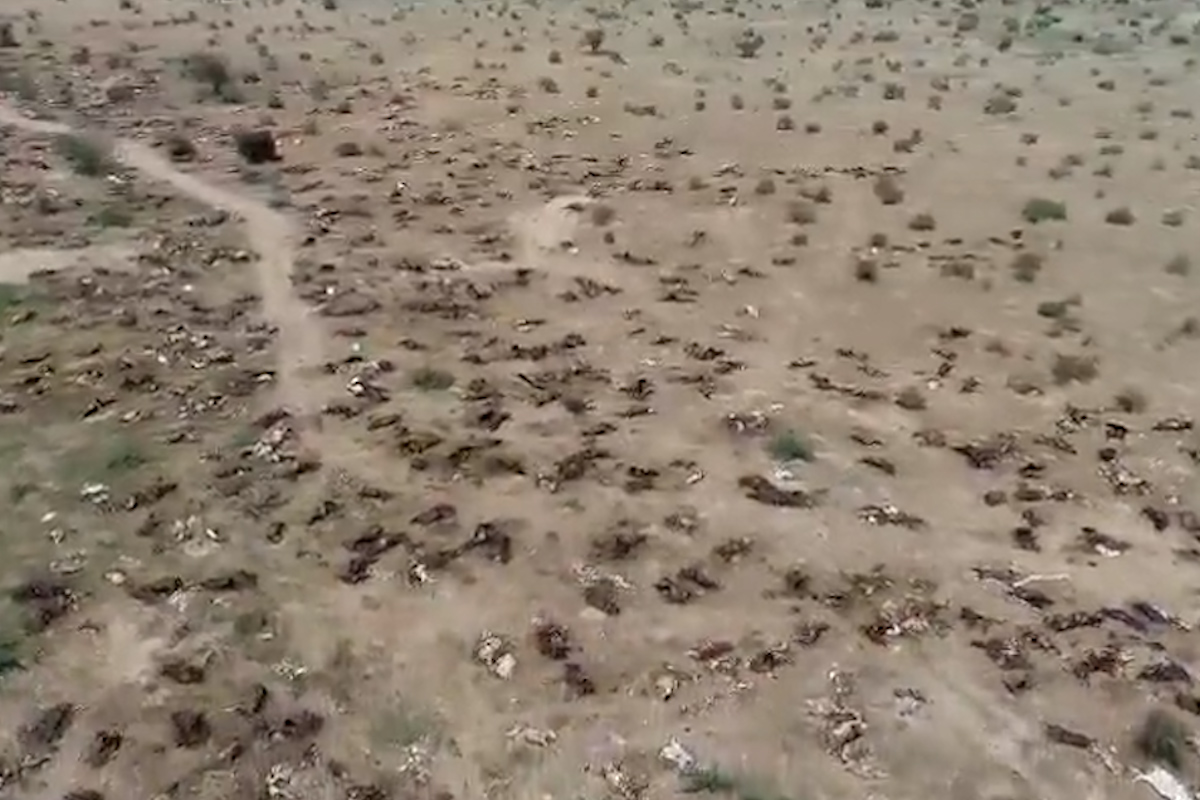If you visit a village in Jodhpur today, chances are that you would be offered black tea.
More and more people in Rajasthan’s western villages are forced to drink tea without milk these days. Reason: A sharp dip in milk production.
Lumpy Skin Virus has wiped out a large chunk of cattle population in Rajasthan and this, resultantly, has affected the milk availability. Around 46,000 cattle have died in the state till now, reveal the state Animal Husbandry Department data. However, many believe that this number is much higher.
Alarming visuals from different villages of Jodhpur show thousands of cow carcasses strewn on the fields. Government tractors are now working day and night digging up grounds to bury the dead livestock. In Jodhpur, around 3,800 cows have died due to the virus. Bikaner, Churu, Hanumangarh and Ganganagar are the worst affected districts in the state.
Minister for Animal Husbandry Lalchand Kataria has ordered for rapid vaccination in the areas not affected by the infection to prevent the spread of the lumpy disease in the state. So far, 687,000 animals have been vaccinated in Rajasthan. In western Rajasthan, there is a steady decline in the infection and death rate and no animal has been reported to have died of the disease in Jaisalmer district for the past one week.
Kataria is taking stock of the situation. He said that no negligence will be allowed in treatment of sick animals. “Necessary financial provisions have been made for the purchase of medicines at the local level in the districts. Apart from this, medicines are also being supplied through CONFED as per the demand of the districts. Send the received medicines to the institutions immediately without keeping them unnecessarily in the district drug store,” said Kataria.
The minister added that the disease started from the western region in the state, which has now reached the eastern areas. He said that now the cases of lumpy skin disease have reduced in western Rajasthan.

